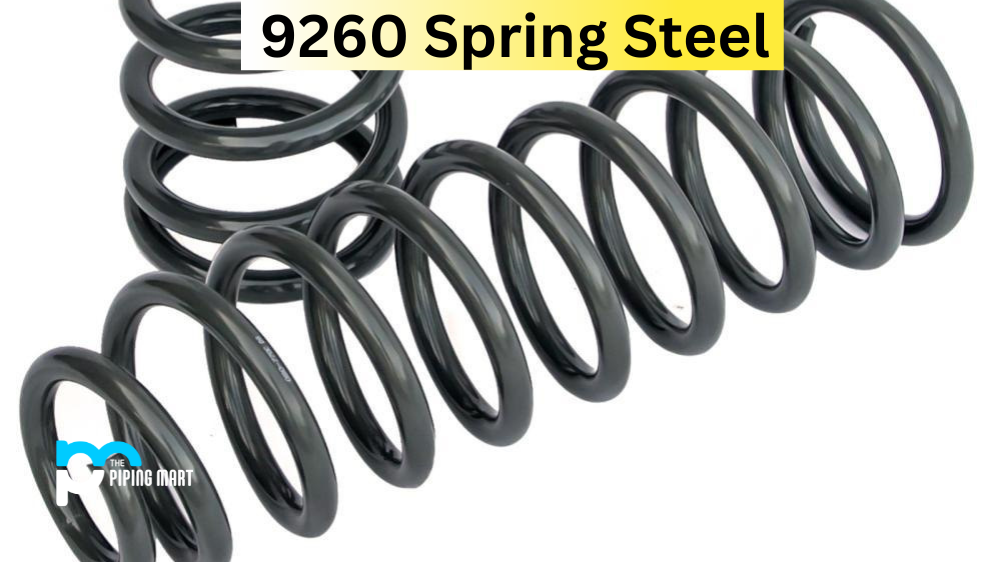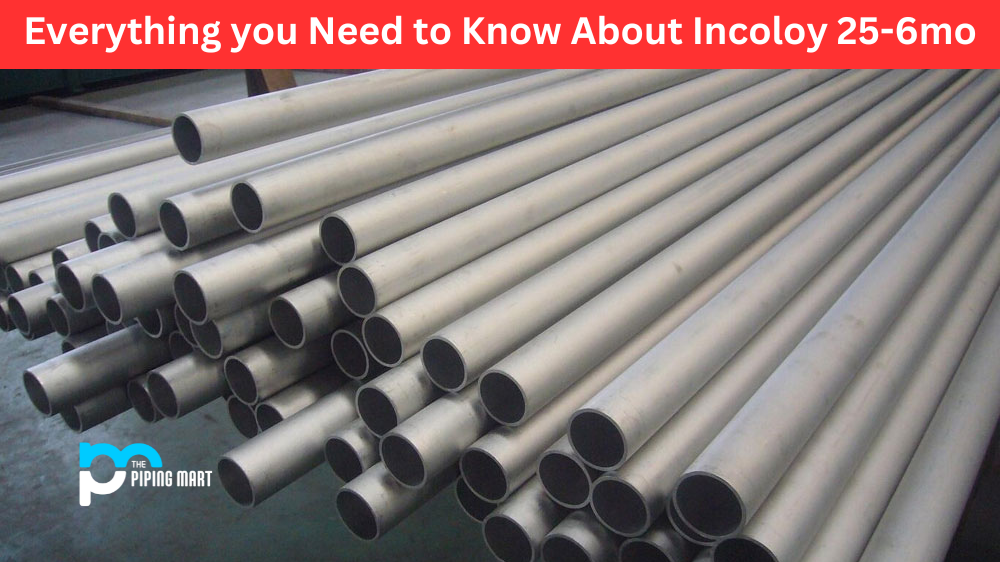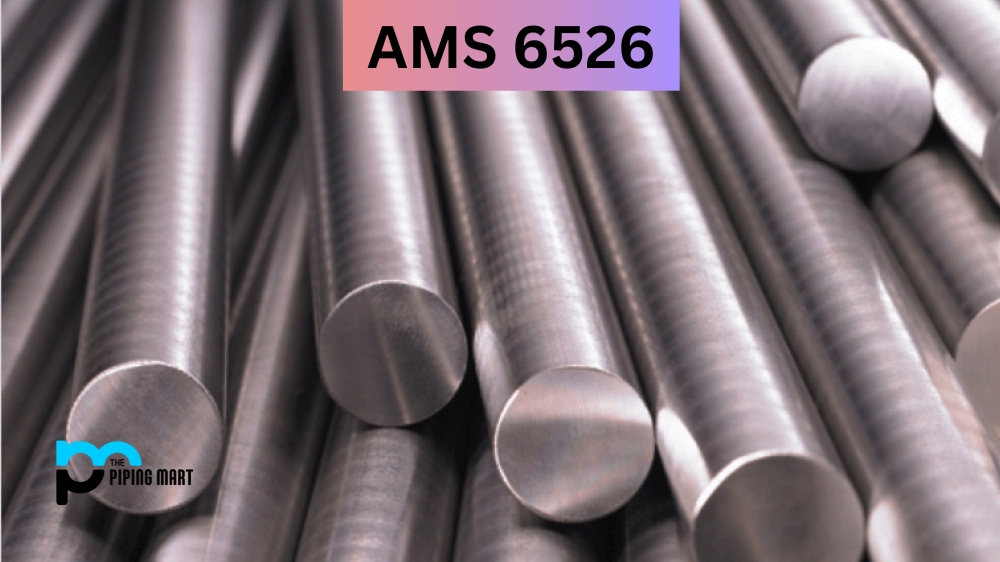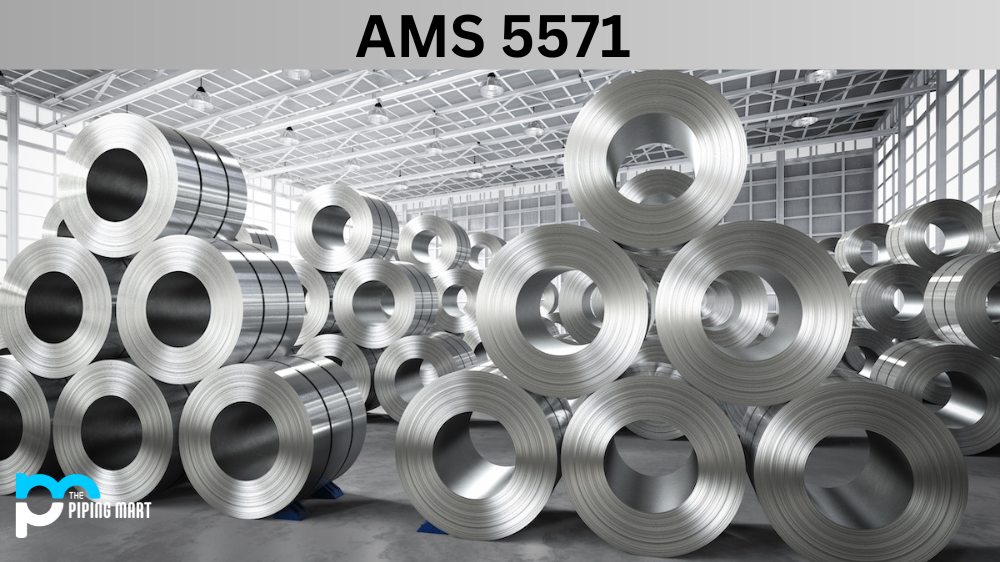If you are in the manufacturing or automotive industries, you may have come across the term 9260 spring steel. This material is widely used in springs and blades due to its unique characteristics. As a high-carbon steel, 9260 spring steel offers high tensile strength, durability, and excellent shock absorption. This article will delve deeper into the material’s composition, properties, and uses.
9260 Spring Steel Composition
9260 spring steel is an alloy of iron, carbon, and other trace elements such as silicon, manganese, and chromium. It has a carbon content ranging from 0.56% to 0.64%, making it a high-carbon steel. The material also contains 0.7% to 1.0% manganese, 0.2% to 0.5% silicon, and small amounts of phosphorus and sulfur.
| C | Si | Mn | S | P | Cr | Ni | Cu |
| 0.56~0.64 | 1.50~2.00 | 0.60~0.90 | ≤0.035 | ≤0.035 | ≤0.35 | ≤0.35 | ≤0.25 |
9260 Spring Steel Physical Properties
One of the key physical properties of 9260 spring steel is its high modulus of elasticity, which measures a material’s ability to withstand deformation under stress. It has a 7.85 g/cm3 density and a melting point of 1425-1515°C. As spring steel, it is also known for its excellent fatigue resistance, which means it can withstand repeated loading and unloading without breaking or deforming.
9260 Spring Steel Mechanical Properties
9260 spring steel possesses excellent mechanical properties, including high tensile strength, hardness, and toughness. It has a tensile strength of 872 MPa and a yield strength of 690 MPa. The material also offers good wear resistance and can withstand high impact and shock without deformation or cracking.
| Mechanical Properties |
Metric Values |
English Values |
| Modulus of Elasticity |
200 GPa |
29000 ksi |
| Hardness (Rockwell B) |
94 |
94 |
| Ultimate Tensile Strength |
770-1525 MPa |
112000 – 221200 psi |
| Tensile Yield Strength |
440-1149 MPa |
63800-166600 psi |
| Machinability |
40% |
40% |
9260 Spring Steel Equivalent
| Country | Japan | BS | China | USA |
| Standard | JIS G4801 | EN 10089 | GB/T 1222 | ASTM A29 |
| Grade | SUP6 | 61SiCr7 | 60Si2Mn | 9260 |
9260 Spring Steel Uses
Due to its strength and resilience, 9260 spring steel is widely used in the automotive and manufacturing industries. It is commonly used to produce suspension springs, leaf springs, coil springs, and various blades. The material is also suitable for manufacturing gears, shafts, and other mechanical components requiring high strength and resilience.
9260 Spring Steel Hardness
The hardness of 9260 spring steel can vary depending on the heat treatment and quenching process used. Generally, the material has a Rockwell hardness of 48-50 HRC. This high hardness makes it ideal for making blades, knives, and swords that require a sharp edge and good edge retention.
9260 Spring Steel Heat treatment
9260 spring steel can be heat-treated to improve its mechanical and physical properties. The process typically involves heating the material to high temperatures, followed by quenching in oil or water to improve its strength and hardness. Tempering is then carried out to reduce the material’s brittleness and improve its toughness.
9260 Spring Steel Welding
While 9260 spring steel has good welding properties, caution should be exercised during welding to avoid overheating, which can lead to cracking and deformation. It is recommended that the material be preheated to a temperature of 150-250°C before welding. Low hydrogen electrodes are also recommended for welding 9260 spring steel.
9260 Spring Steel Corrosion Resistant
One of the disadvantages of 9260 spring steel is its susceptibility to corrosion and rust. However, this can be mitigated by applying a protective coating, such as paint or oil, to the material’s surface. The material should also be stored in a dry and ventilated environment to prevent moisture buildup, which can accelerate the corrosion process.
Conclusion:
9260 spring steel is a high-quality material with excellent mechanical and physical properties, making it ideal for automotive and manufacturing applications. With its high tensile strength, resilience, and toughness, 9260 spring steel is an excellent choice for producing springs, blades, and mechanical components that require high strength and durability. While the material is susceptible to corrosion, proper storage and protective coatings can help mitigate this issue. In conclusion, if you are in the market for a high-quality steel material with excellent properties, 9260 spring steel is an excellent choice.

A passionate metal industry expert and blogger. With over 5 years of experience in the field, Palak brings a wealth of knowledge and insight to her writing. Whether discussing the latest trends in the metal industry or sharing tips, she is dedicated to helping others succeed in the metal industry.




